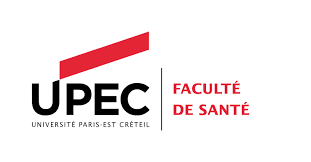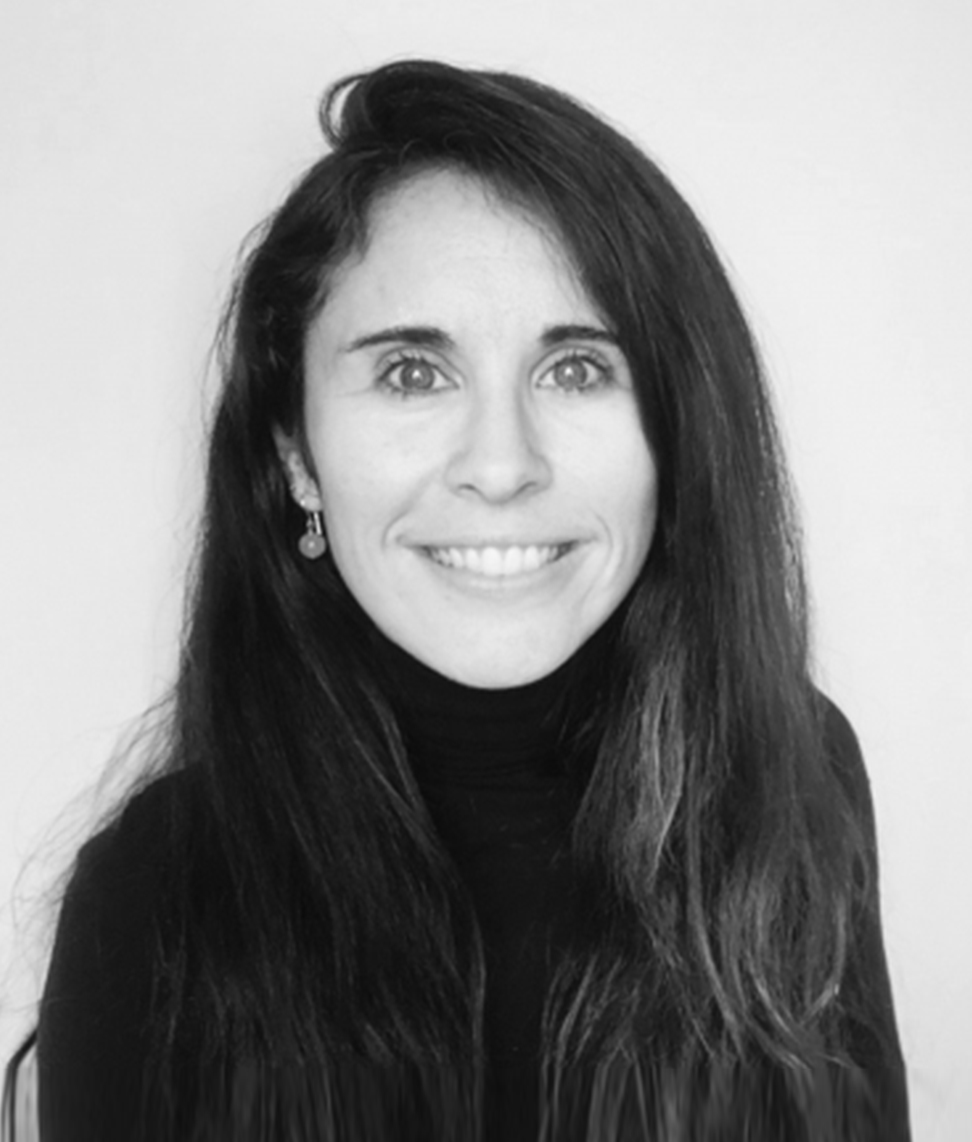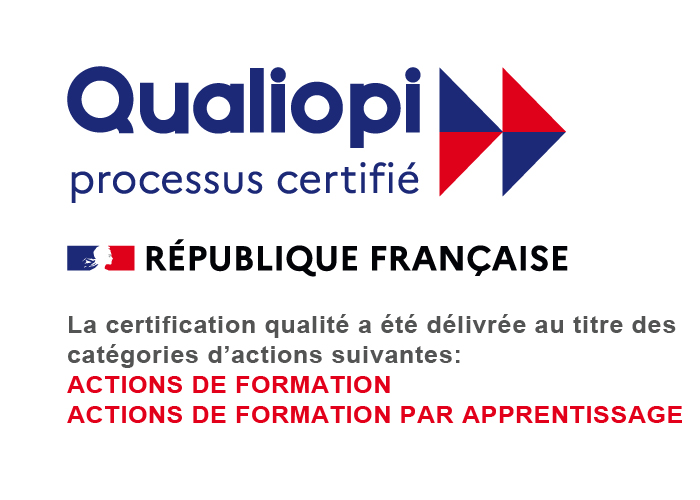Engineer’s degree Specializing in Biomedical Engineering
The course
The Biomedical Engineering specialty at EIDD offers students the acquisition of multidisciplinary skills at the interface of engineering sciences, life sciences, medicine and regulation, with solid operational capabilities. It thus aims to train engineers through apprenticeships intended to operate in all branches of medical devices: medical equipment and equipment, connected devices, implantable devices.
Via our apprenticeship courses, you can train in development, production, quality, regulatory affairs, legal, health economics, clinical research, pharmacovigilance and marketing.
Pace of learning
Course duration
3 years
Teaching methods
Lectures, Tutorials and Practical Work.
Knowledge control
The methods for checking knowledge and skills are based on continuous assessment and a written exam. The annual defenses also make it possible to ensure follow-up in the company.
The program
The Biomedical Engineering specialty offers 1,500 hours of supervised training spread over 6 semesters and is associated with 97 weeks in a company (apprenticeship).
The first semester is largely common for all specialties. It includes fundamental harmonization courses (mathematics, electronics, programming, etc.) and professional courses (English, business, professional and personal projects).
For the following semesters, the proposed teaching units cover the following areas:
Design, sizing and life cycle of a medical device: Biomechanics of large functional devices, biomedical CAD/CAM, Life cycle of the medical device, Modeling of biological tissues and materials, Microfluidics, Production processes and systems, Sustainability.
Requirements related to medical use: Molecular and cellular bases of biology, Biocompatibility and host response, Surface functionalization, MedTech regulations.
Data processing and instrumentation: Automatics, Biomedical sensors, medical imaging techniques, Signals and systems, Advanced signal processing, Introduction to artificial intelligence for medical imaging.
English.
Human, economic, legal and social sciences: Social and Environmental Responsibility, Quality approach, Project management and animation, Business strategy, Business creation.
Projects: engineering project (health simulation in particular), R&D mentored project.
Professional experience: 97 weeks in a company.
Key figures
- 92% of success on exams
- 5% of graduates have a job the outcome of the training
- €36.5 k the average salary of a graduate
Admission requirements
- Be under the age of 30 (excluding exceptional cases) to benefit from an apprenticeship contract and have validated your choice of:
- a preparatory class
- a preparatory university cycle for the “grandes écoles”
- or a Bachelor in Materials Sciences and Engineering, Physical Measurements or equivalent
- a bachelor’s or master’s degree in physics, chemistry, materials, electronics, engineering sciences with a strong appetite for health
- a bachelor’s or master’s degree in biomedical sciences or Life Sciences with a very good level in physics, chemistry, and mathematics.
- People with disabilities wishing to follow this training are invited to contact us directly to study together the required access arrangements.
Access to training:
- Receipt of applications: the opening dates for submitting applications depend on each training course. Log in to the university website to find out the dates. As soon as the dates are set by the university authorities, the CFA presents them on its website and the application is submitted, either on Ecandidat, or on Apoflux, or any other indicated platform.
- Deadlines for access to training: The start of each training course is different. On average the time can vary from 3 to 7 months between submission of the application, selection interviews, confirmation of pre-admission by educational managers, signing of the apprenticeship contract and the start of training. Depending on the desired training, it is appropriate to calculate the number of weeks between submitting the application and starting the training as specified on the website
Admission process: application file and interview.
o Signature of an apprenticeship or professionalization contract with an employer.
Financing:
o As part of an apprenticeship or professionalization contract, the cost of training is financed by the France Compétences agency via the company’s OPCO (depending on the collective agreement applied). No training or registration costs will be borne by the beneficiary of the apprenticeship or professionalization contract.
o The CFA supports companies in covering the cost of training by the OPCO. Depending on the cases, duly indicated on the form relating to the training, a remainder may be applied beyond the amount financed by “France Compétences”.
o Special conditions for public establishments (contact the indicated advisor)
Key figures
Admission requirements
Be under 30 years old to benefit from an apprenticeship contract.
1. Apply online via eCandidat starting in March 2022.
2. If the file is selected, eligibility test upon invitation.
3. The search for an apprenticeship contract and admission pronounced upon presentation of the promise of employment.
Students over 30 can benefit from a professionalization contract.
Disabled people wishing to take this course are invited to contact us directly to discuss the access requirements.
Access to training :
Receipt of applications: the opening dates for applications depend on the course. Please visit the university website to find out the dates. As soon as the dates are set by the university authorities, the CFA presents them on its site and the application is submitted, either on Ecandidat, Apoflux or any other indicated platform.
Course start times: Each course starts differently. On average, it can take from 3 to 7 months from application, selection interviews, confirmation of pre-admission by the educational supervisors, signature of the apprenticeship contract and the start of the course. Depending on the course you wish to follow, you need to calculate the number of weeks between submitting your application and the start of the course, as specified on the website.
Admission process: application and interview.
Apprenticeship or professionalization contract signed with an employer.
Financing :
Within the framework of an apprenticeship or professionalization contract, the cost of training is financed by the France Compétences agency via the company’s OPCO (depending on the collective agreement applied). No training or enrolment fees will be charged to the beneficiary of the apprenticeship or professionalization contract.
The CFA assists companies in having the cost of training covered by the OPCO. Depending on the circumstances, duly indicated on the training form, a remaining charge may be applied over and above the amount financed by France Compétences.
Special conditions for public institutions (contact the appropriate advisor)



Effectuer une mobilité en Europe ou à l’international, est l’occasion :
-de découvrir une autre culture et une autre façon de travailler ;
-d’améliorer vos compétences linguistiques et culturelles en situation de travail ;
-d’enrichir vos pratiques professionnelles par la découverte d’outils et de techniques propres au pays d’accueil.
Une mobilité internationale est une expérience professionnelle très valorisante. Cela apporte un réel atout à un candidat qui peut faire la différence pour une embauche.
Pendant la période de mobilité à l’étranger, le principe de l’alternance inhérent au contrat ne s’applique plus. Les étudiants ne sont pas tenus d’alterner enseignements et périodes de formation en entreprise, de sorte qu’ils peuvent réaliser uniquement de la formation en entreprise ou uniquement des enseignements en organisme de formation lors de leur séjour à l’étranger.
Votre contact au CFA LEEM:
g.dacunha@leem-apprentissage.org
06.02.03.95.57
